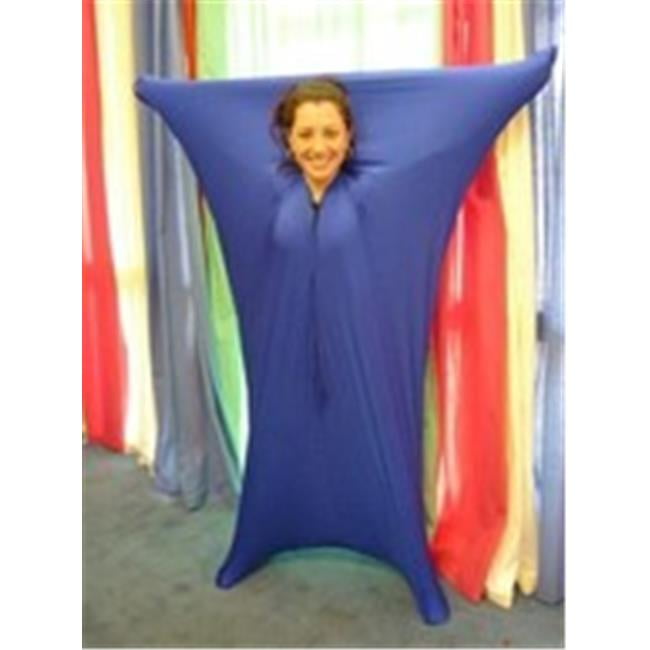

“As soon as I get it, it’s gone,” says Chris Hackney, a 74-year-old resident of a nursing home in Durham, North Carolina, who spends his $30 monthly allowance on body wash, toothpaste, deodorant and some items his facility used to provide but has cut back on, wipes and diapers. Some homes skirt the rules, making residents pay for things like diapers or haircuts that are supposed to be included.

And though federal regulations outline a host of items that are to be provided to nursing home residents, many find themselves unable to use the cheap items facilities offer, spending their allowance on replacements for institutional-grade soap that makes them dry and itchy, tissues that feel like something out of a bus terminal bathroom, razors that leave a face nicked and bleeding and denture adhesives that seem incapable of keeping false teeth in place. Four states – Alabama, Illinois, North Carolina and South Carolina – remain at the $30 minimum.ĭespite such paltry allotments, some facilities have been cited for not telling residents they were entitled to an allowance at all, for failing to provide the money, or for spending the funds without their permission. Just five states grant residents $100 or more each month, including Alaska, which stands alone in offering $200 monthly, the maximum under federal law. A majority of states – 28 – have allowances of $50 or less, according to a state-by-state survey by the American Council on Aging. Medicaid is jointly administered between individual states and the federal government and, faced with federal inaction, states have taken it upon themselves to raise allowances. Jennifer Wexton, a Democrat from Virginia who in 2019 introduced a bill to raise the minimum allowance to $60 and cement annual increases tied to those for Social Security. Some politicians have tried to fix the problem, including Rep. But Congress has raised the minimum rate only once, to $30, in 1987. Had it been linked to inflation, it would be about $180 today. Unlike other benefits like Social Security, cost-of-living increases were not built into personal needs allowance rules. A 1972 amendment established the personal needs allowance, set at a minimum of $25 monthly. Medicaid was created in 1965 as part of the Great Society programs of Lyndon B. “You bring a soda or a toothbrush and they’ll get so excited,” she says. Among the things most warmly received are Kleenex tissues, because facilities often stock scratchy generics and even those can be hard to come by.

She was so horrified that she and her husband started a nonprofit, Faithful Friends Kentucky, to distribute items to area nursing home residents. “That’s what was so surprising to us,” Carter says, “the poverty.”

Many don’t even have a pen to write with. With just a $40 allowance, residents are dressed in ill-fitting hand-me-downs or hospital gowns that drape open. When Marla Carter visits her mother-in-law at a nursing home in Owensboro, Kentucky, the scene feels more 19th-century poorhouse than modern-day America. “It can really be a point of shame.”Įspecially when an individual has no close relatives or no one able to financially help, the allowance can breed striking need. “It’s really one of the most humiliating things for them,” says Sam Brooks, an attorney for The National Consumer Voice for Quality Long-Term Care, which advocates for nursing home residents and has urged an increase in the allowance. One problem: Congress hasn’t raised the allowance in decades.


 0 kommentar(er)
0 kommentar(er)
